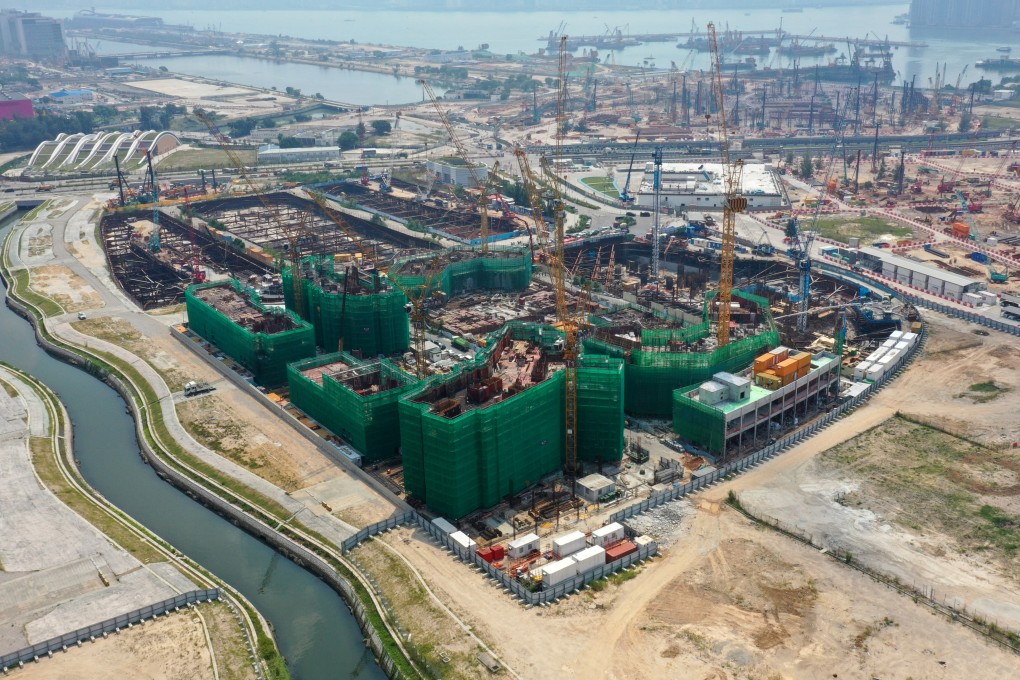Development size exempt from Hong Kong environmental impact assessments could be more than doubled to 50 hectares, government says
- Environment and Ecology Bureau says exemption size increase from 20 hectares to 50 hectares will help shorten the planning process
- New environmental database also to go online, which will cut time needed for environmental impact assessments by half

Hong Kong authorities have proposed an increase in the size of developments exempted from environmental impact reports from 20 hectares (49 acres) to 50 hectares to streamline the planning process.
The proposed amendment, discussed at a Legislative Council panel meeting on environmental affairs on Monday, means more than half of the projects under way at present could skip the evaluation process.
The Environment and Ecology Bureau also told lawmakers that a centralised database, to be launched in two weeks, would slash the time required for environmental impact assessments by half.
“The purpose of this review is to further improve the environmental impact assessment mechanism in order to optimise procedures, improve operational efficiency, focus more on environmental performance, and strike a balance between environmental protection and development needs,” Secretary for Environment and Ecology Tse Chin-wan said.

But Tse pledged the proposed changes would not reduce the statutory public inspection time for environmental impact assessments or compromise the standards of the reports.